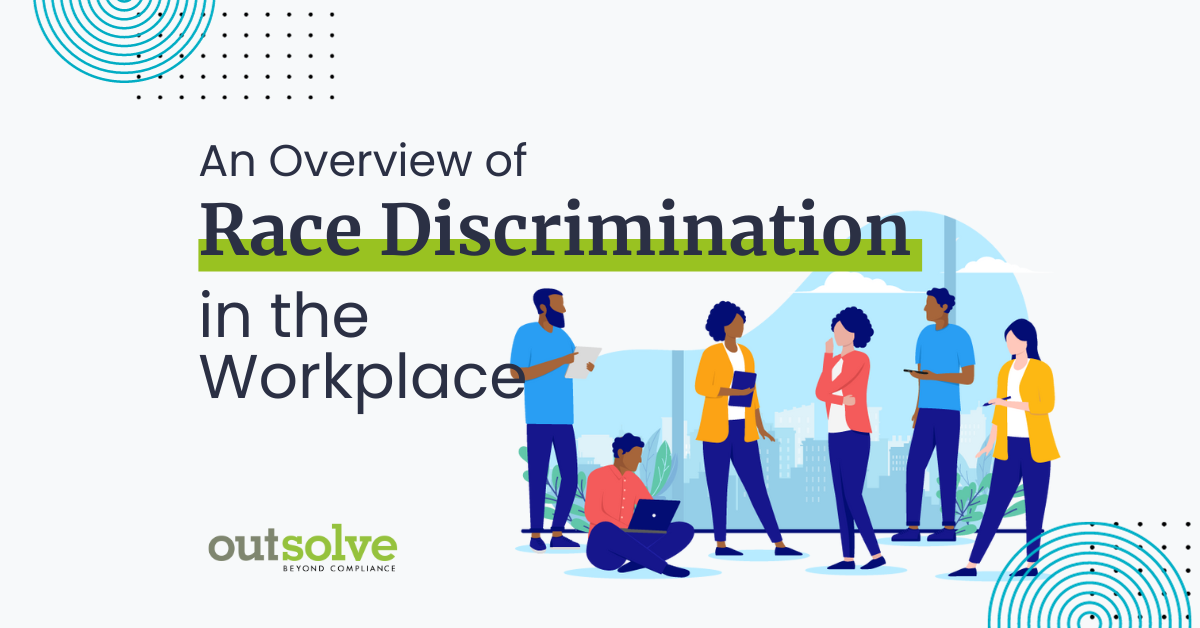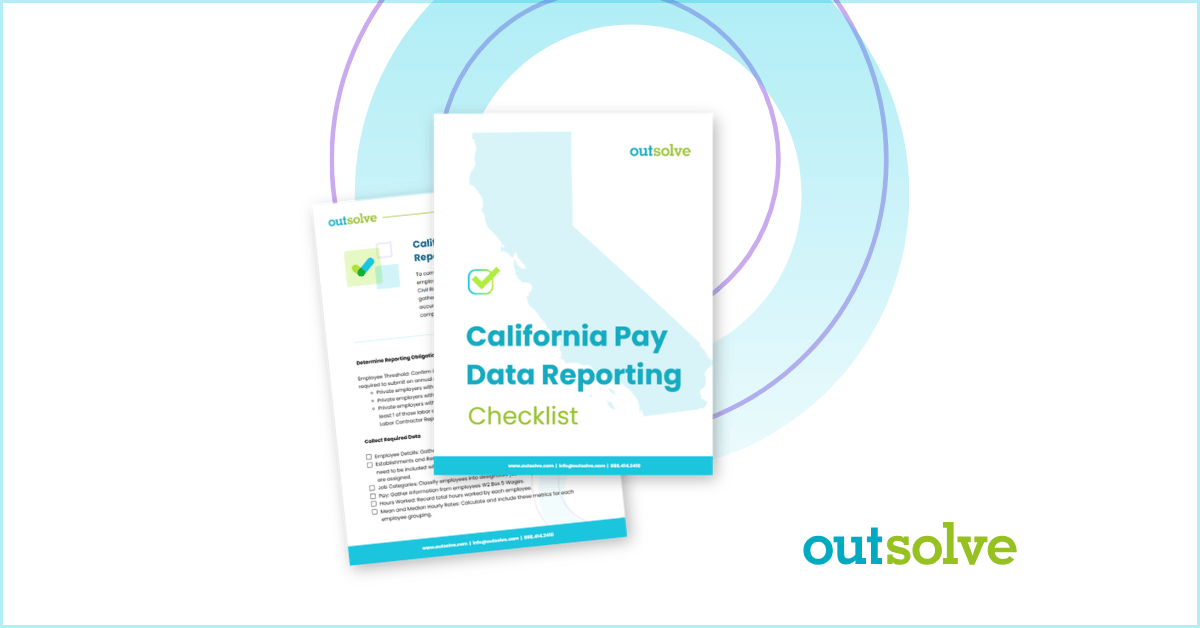
OutSolve’s EEO colleague, Toni Ahl, is an occasional contributor to our blog. The views, thoughts, and opinions expressed in this article belong solely to Toni and do not necessarily reflect the viewpoint of OutSolve or its employees.
Title VII of the Civil Rights Act of 1964, as amended, (Title VII) protects employees from discrimination based on race. Race is not defined in Title VII. For years, the Equal Employment Opportunity Commission (EEOC) has used the races as defined by the Office of Management and Budget (OMB) on its forms and for charge purposes. Many other businesses and organizations also use OMB’s designations for identification purposes.
The racial categories defined by OMB are: Black or African American, White or Caucasian, Asian, Native American or Alaskan Native, and Native Hawaiian or other Pacific Islander.
For EEOC purposes, employees may also allege their race may be bi-racial or multi-racial.
Discrimination may occur when employees are treated differently due to their race. This type of discrimination is known as disparate treatment. The inquiry to be made during an investigation of disparate treatment based on race is whether employees were treated differently and that the difference in treatment was due to race. Intent is important in the investigation of disparate treatment charges. It is also important to establish that the decision-maker(s) had knowledge of the employee’s race.
There may be an allegation of job segregation due to race. In this type of discrimination, an employee alleges that certain racial groups are placed together in specific jobs or steered to apply for certain positions.
Race may be alleged in disparate impact charges also. In disparate impact cases, intent is not important to the investigation. In this type of case, there is a policy that is neutral on its face but has an adverse impact on a certain racial group or groups. An example of this type of discrimination is a “no beards” policy. This kind of policy may have an adverse impact on Black males and Native American males because they have a condition called pseudofolliculitis barbae more often than other races. This condition is an inflammatory reaction of the hair follicle, most often the result of shaving. Therefore, if employees are required to be clean shaven, they are more prone to be affected by pseudofolliculitis barbae.
Harassment based on race is a basis for filing a charge with EEOC. Racial harassment may be due to verbal comments or physical in nature. For example, leaving a noose on the desk or in the work area of a Black employee. It could be comments about the lynching of Black men by the KKK in the past. It could be in the telling of racial jokes or the use of certain words to describe employees. In harassment cases, the conduct must be unwelcome, must be based on a protected trait which includes race, result in a tangible employment action or create an intimidating, hostile, or offensive work environment and there must be a basis for holding the employer liable.
Based on statistics provided by EEOC, race discrimination is still being investigated and pursued by the commission. In fiscal year 2022, the last year for which statistics are currently available, EEOC received a total of 73,485 charges. Of those, 20,992 (or 28.6%) alleged race as a basis. This is down slightly from fiscal year 2021 in which 61,331 charges were made and 20,908 (or 34.1%) alleged race as a basis. The first year for which statistics are available online is fiscal year 1997. In that year, a total of 80,680 charges were made and 29,199 (or 36.2%) alleged race discrimination. So, even though the percentage of charges based on race has declined slightly, it still accounts for over a quarter of the charges EEOC received in fiscal year 2022.
If you have any questions about race discrimination, feel free to reach out to me at eeoadvantage@gmail.com or (502) 553-7648.
President at EEO Advantage, LLC
Weekly OutLook
Featured Posts

5 Key Compliance Items HR Can’t Afford to Ignore

HR Compliance Checklist: What Every HR Pro Needs to Know
Related Posts
.png)
Beat the Rush: Outsource Federal Reporting Requirements in Q1
The beginning of the year usually feels like a fresh start that brings new business initiatives, goals, and strategies. The work you do between...

California Pay Data Report Checklist for HR Professionals
With changes regarding California pay data reporting taking effect in 2026 and 2027, this is the checklist you need to stay confident that you've got...

What You Need to Know About the Rhode Island Pay Transparency Law
Pay transparency continues to gain traction at the state level, and Rhode Island is no exception. Let’s dive into the details of how this law works...
 Toni Ahl
Toni Ahl
